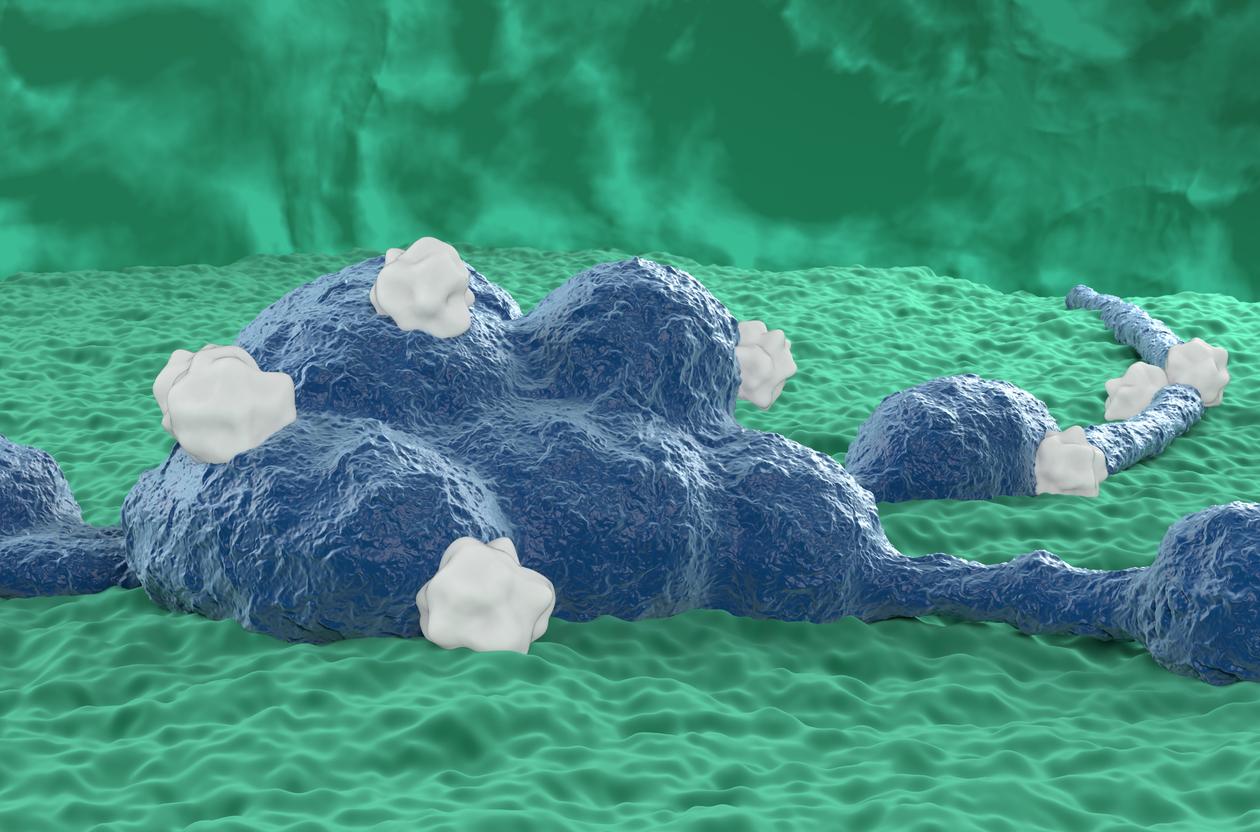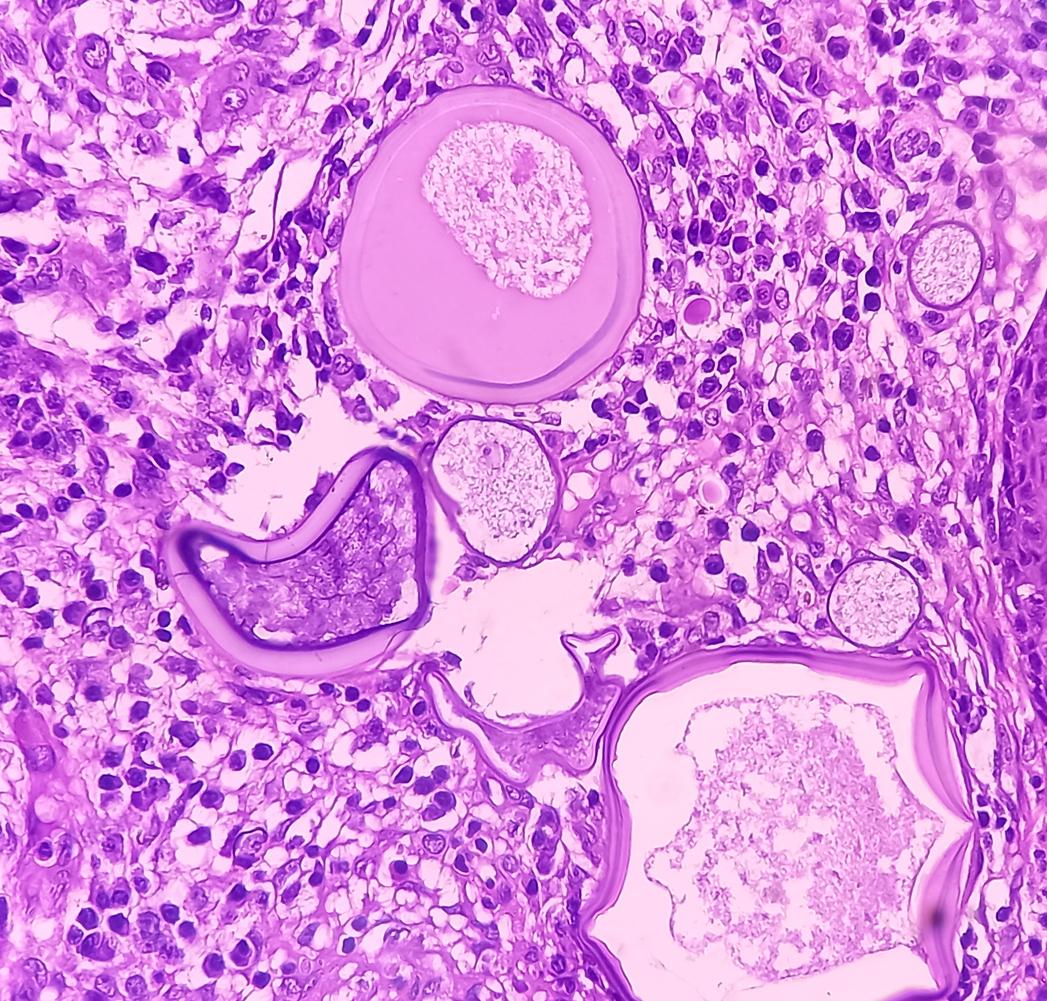In a study on mice, a drug molecule was effective in blocking tumor growth, in the case of neuroblastoma.

- Neuroblastoma is a pediatric cancer, which can take an aggressive, so-called “high-risk” form.
- A drug molecule, capable of blocking the expression of a protein, could prevent the growth of the tumor.
- A first trial on mice proved the potential of the drug.
It is an aggressive cancer that affects children. High-risk neuroblastoma affects 75 young people each year in France. It is characterized by the development of nerve cells outside the brain. “The prognosis is grimwarns Dr Gudrun Schleiermacher, pediatric oncologist and researcher at the Institut Curie, in a article. Barely half of children live beyond five years after diagnosis, despite chemotherapy treatments, sometimes at high doses, surgery, radiotherapy and immunotherapy.” A new study, published in cell Reports, brings better perspectives. Its authors discovered that a drug could block the growth of the tumor, in a study carried out on mice.
The researchers, scientists from the University of Chicago, in the United States, worked on modifications of RNA linked to the disease. “Sometimes molecules are added to DNA bases and RNA transcripts, affecting how genes are expressed or how they are translated into proteins, explain the authors in a communicated. These changes in DNA and RNA act as molecular switches, determining whether a gene is turned on or off, thereby influencing cellular processes, tissue development, and disease progression..” They were interested in these mechanisms in the context of high-risk neuroblastoma.
Block proteins to prevent neuroblastoma from developing
The team started from an observation: high levels of METTL3 and METTL1 proteins are responsible for the growth of many cancers in adults. What are their effects on neuroblastoma? The analyzes performed show that high levels of METTL3 expression in neuroblastoma tumors were associated with significantly lower survival. “This suggests that METTL3 could stimulate tumor growth.”consider the authors.
In another part of their trial, they tried to understand, in detail, how this protein affects neuroblastoma, using a genetically modified version of neuroblastoma cells. In some cells, protein expression was artificially inhibited or reduced. In others, researchers tested an inhibitor called STM2457: it is capable of blocking METTL3.
Neuroblastoma: a promising strategy to block tumor growth
“Both approaches decreased the growth of neuroblastoma cells.”, they conclude. In the mouse test, the inhibitor also reduced tumor growth. “High-risk neuroblastoma remains very difficult to cure with current approaches, and survivors are at high risk for treatment-related toxicities, including serious chronic health problems and secondary cancers., underlines Susan Cohn, professor of pediatrics and lead author of the study. (…) If future studies validate our results, this strategy could transform our approach to treating patients with neuroblastoma.”















